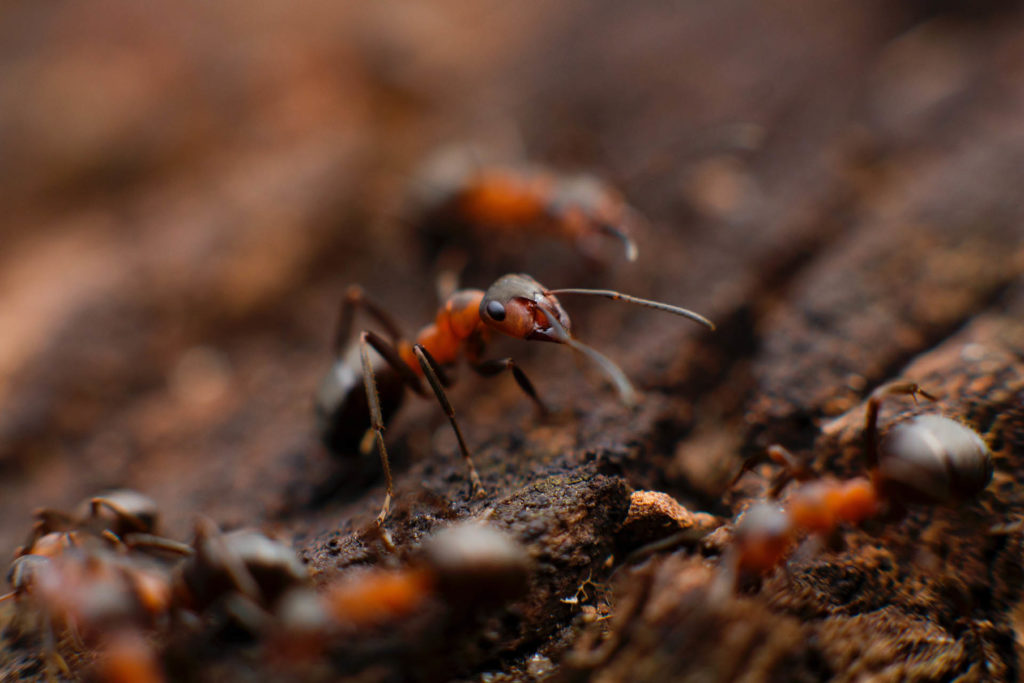It is estimated that about 50% of the U.S. population is infected with at least one type of parasite. Not all these people have symptoms; only about 25% of these individuals have active infections that are producing symptoms. Certain parts of the United States have a higher incidence of human parasite infections. This is true for areas that tend to be warmer and more humid. Also, some occupations put people at a higher risk of infection. These include electrical workers, plumbers, animal handlers, soldiers who travel abroad, gardeners, and sanitation workers.

Some of the ways people can acquire parasites:
- insect bites
- animal feces
- walking barefoot
- handling raw meat and fish
- eating raw or undercooked pork, beef or fish
- handling soiled litter pans (cats)
- eating contaminated raw fruits and vegetables
- eating meals prepared by infected food handlers
- drinking contaminated water
- having contact with infected persons (including sexual contact, kissing, and shaking hands)
- inhaling contaminated dust (parasitic eggs or cysts)
Unexplained fatigue, sluggish elimination, irritated skin, allergies, or low-grade infections, bags under the eyes, a distended stomach even if the rest of your body is thin, menstrual difficulties, or mental confusion.

Toxins are defined as a poisonous substances produced by living cells or organisms. Toxins are nearly always proteins that are capable of causing disease on contact or absorption with body tissues by interacting with biological macromolecules such as enzymes or cellular receptors. Toxins vary greatly in their severity, ranging from usually minor and acute (as in a bee sting) to almost immediately deadly (as in botulinum toxin).
- Vaccinations
- Carcinogens (everyday poisons)
- Mercury poisoning
- MSG – Mono Sodium Glutamate “MSG has been found to be more toxic than all other food toxins, poisons and allergens.!!! People have stronger reactions to MSG than arsenic or mercury.”
- Aspartame – Nutra Sweet
- Pesticides – Do You Know What You’re Eating?
- Milk – The Hidden Toxins
- Food Additives
- Antobiotics
- Refined Salt
- Amalgam – Mercury Health Risk
- Fluoride
- Sugar
- Mercury Toxicity – Alzheimer’s Disease, Dementia
Detoxify Your Body
The body normally accumulates waste in the lower colon, building toxins that affect good health. Feelings of sluggishness, skin problems, aches and pains, digestive problems and more are causes that stem from accumulative toxins in the body.
Detoxifying methods have been practiced for centuries by many cultures around the world. Detoxification is about resting, cleaning, removing waste and nourishing the body from the inside out. By removing and eliminating toxins, then feeding your body with healthy nutrients, you will be re-nourishing and recharging your body, while avoiding dangerous health hazards that could cause serious health issues or even death. Detoxifying your body will help protect you from disease and renew your ability to maintain optimum health.
©Copyright – Hector Sectzer

















